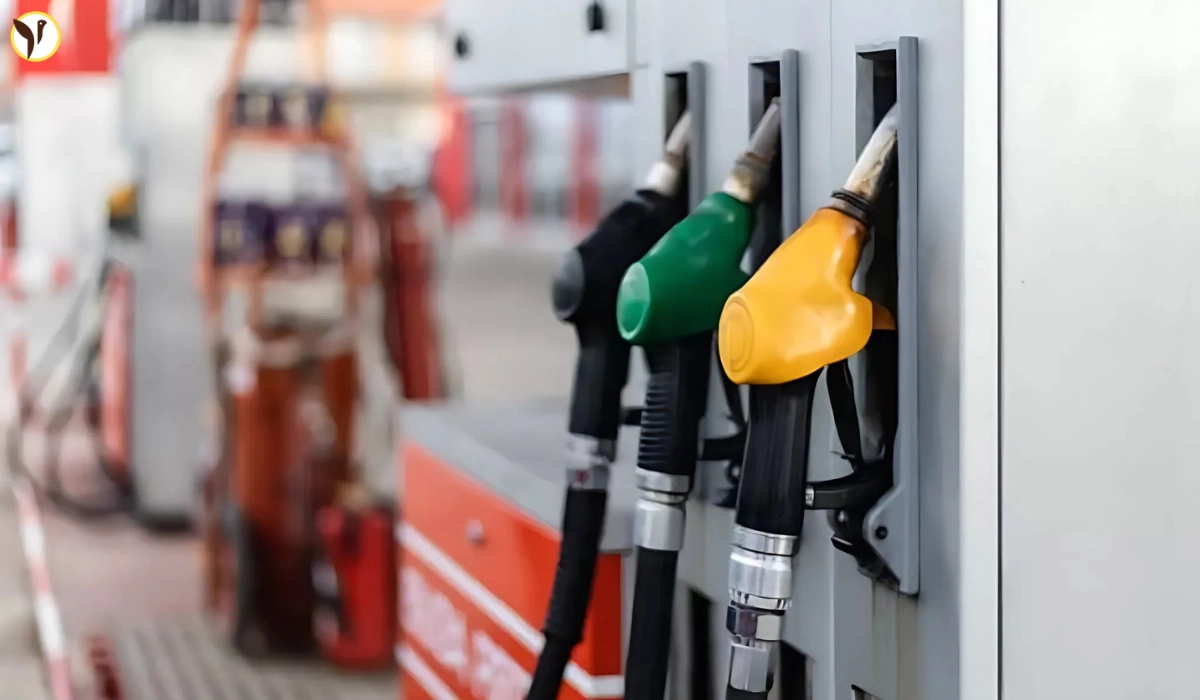British motorists across the nation are receiving urgent advice to visit petrol stations before Wednesday evening to avoid substantial financial penalties. Industry analysts and consumer groups unanimously agree this midweek deadline represents the last opportunity to fill up before significant price hikes take effect. The impending changes stem from government-mandated alterations to fuel composition that will increase production costs for retailers. With wholesale prices already climbing steadily, this regulatory shift threatens to compound financial pressures on households already struggling with elevated motoring expenses. Drivers who fail to act before the cutoff may find themselves paying hundreds of pounds more annually for their essential fuel needs.
Understanding the Upcoming Fuel Changes
The transformation centers around modifications to the Renewable Transport Fuel Obligation, legislation governing biofuel content in petroleum products. Starting Thursday, standard unleaded petrol will transition from containing 5% ethanol (E5) to 10% ethanol (E10), while diesel formulations will incorporate higher biodiesel percentages. Although these adjustments support environmental objectives by reducing carbon emissions, they inevitably raise production expenses that will transfer to consumers. The bioethanol component particularly affects pricing as it's more costly to produce than conventional petrol. Market analysts anticipate an immediate 2-3p per litre increase at forecourts, with potential for further rises as global energy markets remain unstable.
Financial Consequences for Typical Motorists
For the average UK driver covering approximately 8,000 miles annually in a medium-sized family car, these changes translate to an extra £120-£160 in yearly fuel expenditure. Those with older vehicles incompatible with E10 petrol face even greater burdens, as they'll be forced to purchase premium E5 fuel at substantially inflated prices. Commercial operators and high-mileage drivers, including taxi services and delivery fleets, could see their annual fuel budgets increase by £2,000 or more. The RAC estimates that filling a standard 55-litre tank before Wednesday could yield savings of £4-£6 compared to post-change prices, making prompt action financially worthwhile for most drivers.
Practical Guidance for Consumers
Motorists should prioritize several key actions before the Wednesday deadline. First, ensure your vehicle's fuel tank is completely filled to maximize savings. Second, verify your car's compatibility with E10 petrol through official government resources or your owner's manual. Third, consider utilizing supermarket loyalty programs that offer fuel discounts to offset some upcoming price increases. Finally, monitor local fuel prices closely, as independent retailers may maintain current pricing longer than major chains during the transition period. Drivers of classic or vintage vehicles should particularly note the locations of stations continuing to sell E5 premium petrol, though at higher rates.
Industry Preparations and Potential Disruptions
Petroleum retailers confirm they're implementing the required changes but warn consumers about possible short-term inconsistencies in fuel availability. Some forecourts have already begun introducing E10 petrol gradually, leading to noticeable price variations between neighboring stations. The Petrol Retailers Association notes that while most outlets will complete the transition promptly, temporary supply chain adjustments might cause sporadic shortages at certain locations. They advise motorists to maintain normal purchasing patterns rather than panic-buying, as the UK maintains robust fuel reserves to prevent severe shortages during the changeover period.
Long-Term Outlook for UK Fuel Market
This week's adjustments represent merely the initial phase in a series of planned modifications to UK fuel standards as the nation progresses toward its 2050 net-zero emissions target. Future years will likely bring additional increases in biofuel percentages and the gradual introduction of synthetic fuel alternatives. Energy analysts suggest that motorists should view this week's price changes as the beginning of an ongoing trend rather than an isolated event. As environmental regulations tighten and traditional fuel sources become more expensive, consumers may need to adapt their transportation habits and budgeting strategies accordingly.
Government Position and Consumer Protections
While acknowledging the financial impact on citizens, the Department for Transport maintains that these changes are essential for meeting legally binding climate commitments. The Competition and Markets Authority has established special monitoring protocols to identify and address any instances of price gouging during the transition. Consumers who encounter suspicious price spikes are encouraged to report them through official government channels. Although the temporary 5p per litre fuel duty reduction remains in effect until March 2024, Treasury officials continue to evaluate this policy amidst evolving economic conditions and fiscal priorities.
Image Source: Brimingham Live









